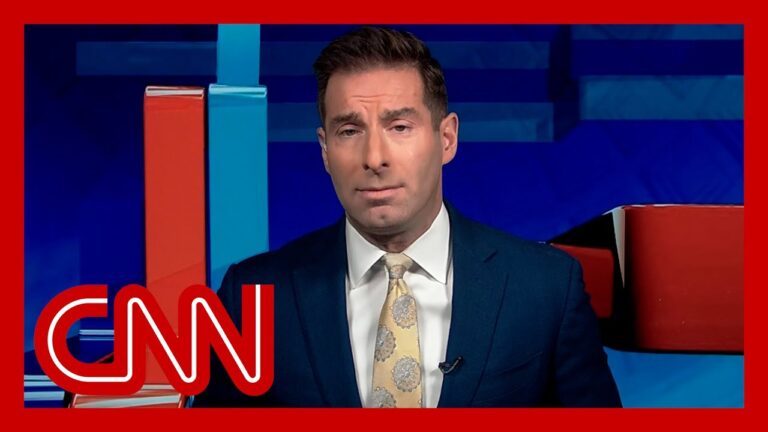Video at the bottom!
A federal judge has issued a temporary restraining order preventing the Trump administration from enforcing a ban on Harvard’s enrollment of international students, which represents nearly a quarter of the school’s student population. The administration cites Harvard’s handling of anti-Semitism on campus as the reason for the ban, framing international enrollment as a privilege rather than a right. In response, Harvard argues that the ban is retaliatory, stemming from their refusal to comply with demands from the White House.
According to CNN Senior Legal Analyst Elie Honig, the judge’s ruling is significant for Harvard, restoring the school’s ability to admit international students while the legal battle continues. The case originated when the Trump administration requested extensive records from Harvard regarding their 7,000 international students and threatened to revoke their enrollment if the requests were not met. The judge indicated that blocking these students could result in irreparable harm, both to the students and to Harvard as an institution.
From a legal standpoint, the Trump administration’s authority to revoke student visa programs is being challenged by Harvard, which argues that the actions violate the First Amendment and fail to follow the proper administrative procedures. Honig suggests that Harvard has a stronger legal position.
The broader implications extend beyond Harvard, as universities and businesses nationwide watch closely, fearing similar actions. There is a growing concern that the administration’s focus on university policy, particularly regarding issues like diversity and anti-Semitism, reflects a more extensive ideological battle against what they see as liberal establishments. The potential repercussions may influence international relations, as the U.S. benefits from engaging with foreign students, both economically and diplomatically.
The debate touches upon significant cultural issues as the Trump administration seeks to reshape academia and challenge prevailing norms within institutions like Harvard, reflecting a larger political agenda. Discussions highlight the contributions of international students not only to higher education but also to the U.S. economy, further complicating the narrative surrounding the administration’s actions.


